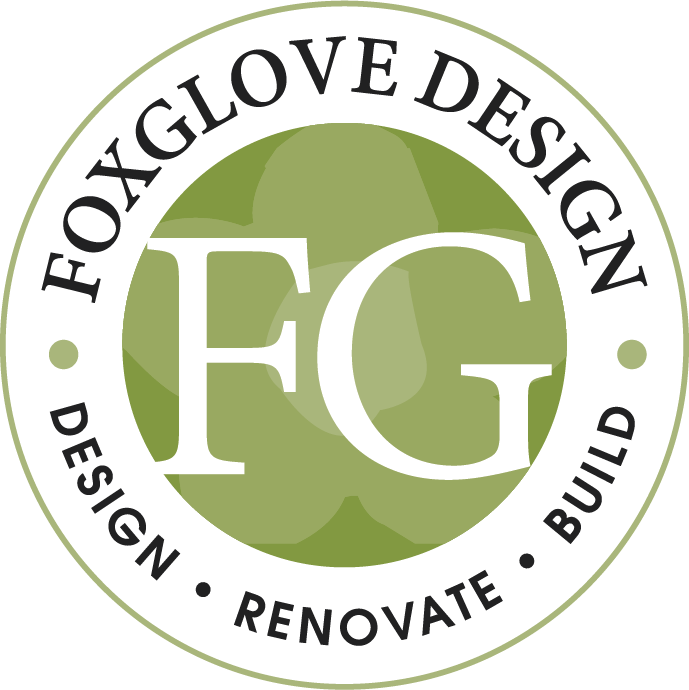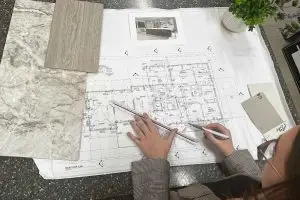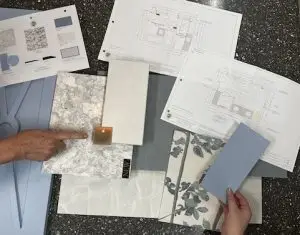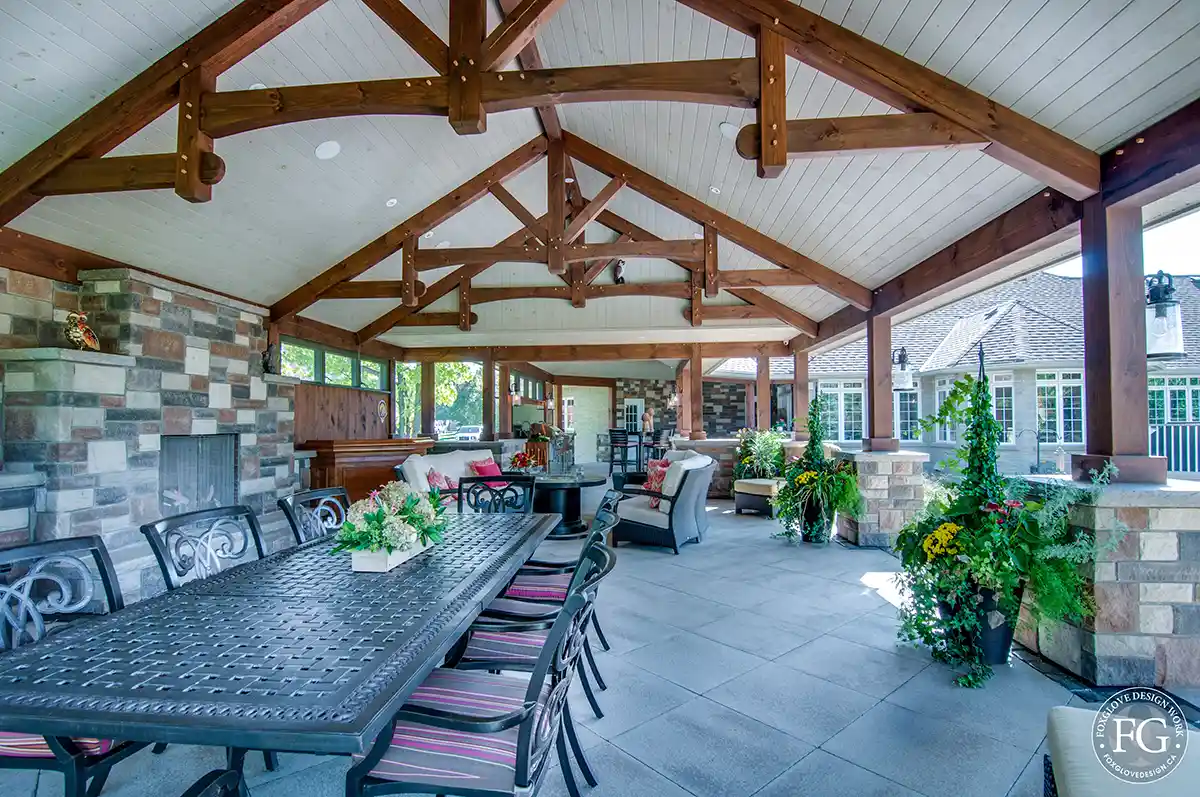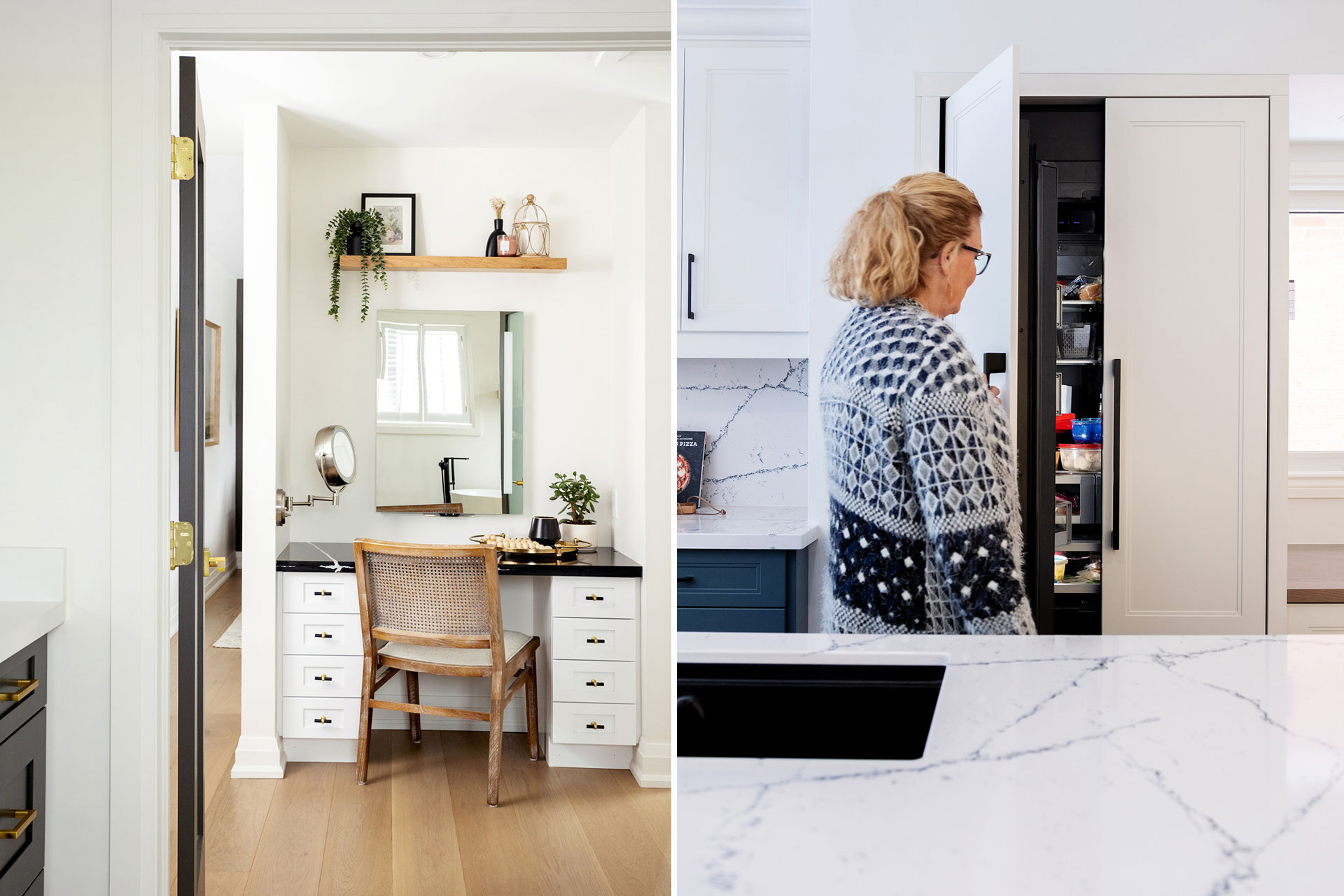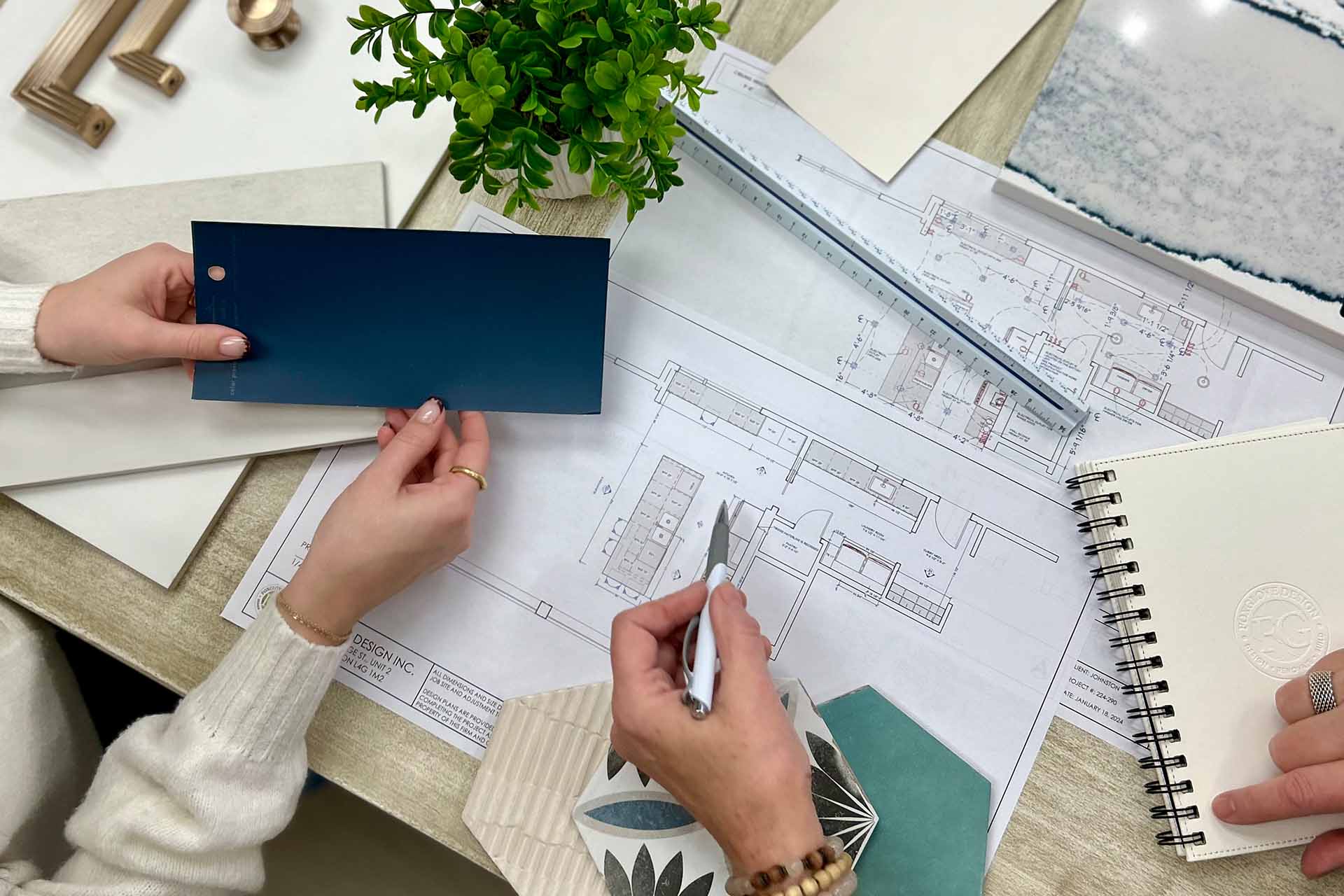1. Portfolio and Experience
One of the first questions you should ask an interior designer is about their qualifications and experience. Request to see their portfolio.
Michelle’s Tip: Particularly for kitchen renovations, a trained, seasoned designer is critical.
They will have a diverse body of work that showcases their design style, versatility, understand building codes and permits if required, and can work with various style preferences. Reviewing their portfolio will give you a clear idea of whether their design sensibilities align with your vision for your home. It’s also essential to ask about their previous projects that are similar in scope or aesthetic to yours, as this can provide insight into their relevant experience.
2. Design Process and Approach
Understanding the interior designer’s design process and approach is crucial. Inquire about how they initiate and execute projects.
Michelle’s Tip: Decide in advance whether you want a decorator, an interior design consultant or a full-scope design-build studio to manage the process end-to-end.
Other questions to ask:
Do they conduct thorough client consultations and needs assessments? How do they source materials and collaborate with contractors or other professionals?
A transparent and well-structured design process ensures that you and the designer are on the same page throughout the project, reducing the likelihood of misunderstandings and hiccups.
3. Budget and Pricing
Discussing the budget is an essential part of any interior design project. Be open about your budget constraints and ask the interior designer about their pricing structure.
Michelle’s Tip: At Foxglove Design, we implement a pay as you go model, so that clients only pay as the materials and work begins.
It’s important to ensure that your designer is willing to work within your budget and has experience managing projects with similar financial constraints. A good designer should be able to balance your budget with your design goals effectively.
4. Communication and Availability
Clear and open communication is vital for a successful partnership with an interior designer. Ask about their availability and preferred modes of communication. Ensure that they are accessible when you need updates or have questions. A designer who keeps you in the loop throughout the project can help ease the stress and make the collaboration more enjoyable. Additionally, discuss how often you can expect progress reports and design updates to ensure you’re both aligned with the project’s direction.
5. References and Testimonials
Finally, look online for Google Reviews on their website, or ask to speak to one or two client references. Testimonials from past clients can provide valuable insights into the designer’s work ethic, professionalism, and the results of their projects. A positive reference from a previous client can instill confidence in your choice, while any concerns or issues raised can help you make an informed decision.
6. When Designing Your Kitchens and Baths
Search the National Kitchen and Bath Association at NKBA.org for qualified kitchen and bath designers.
5 Reasons Why You Need someone qualified for kitchen and bath
1. Function
Function is crucial. The kitchen is often the heart of a home and requires thinking through how you’re using your kitchen on a day to day basis to maximize space, functionality and organization.
2. NKBA Guidelines
Only designated professionals will know about the Working triangle and all the guidelines that come with it. For example, the NKBA dictates the recommended distance between the fridge, the sink, and the stove. The Volatile Organic Compounds will also be a consideration which a designer must understand to ensure your kitchen space is safe.
3. Aesthetics
Making a kitchen beautiful and functional is an art in and of itself. There is so much detail to consider and someone with professional experience can help you navigate the complexities.
4. Cost-savings
Creating a beautiful and functional space that is also cost-effective requires someone with expert knowledge and access to a range of suppliers for appliances, countertops, plumbing fixtures and cabinetry.
5. Structural Knowledge
Structural work can become costly and cause inconvenient delays if not handled by a designated professional. Knowing, for example, when you want to take down a wall that is structural from the start helps save time and unnecessary costs. At Foxglove Design, we work with a team of trade professionals throughout the design process so you know whether you need a permit and structural engineer involvement from the beginning.
Conclusion
Choosing the right interior designer for your home is a significant step in creating the living space of your dreams. By asking the questions outlined above, you can ensure the designer you select not only has the skills and expertise to bring your vision to life, but also possesses the professionalism and communication skills required for a smooth and successful collaboration.
Whatever you do, don’t rush this decision. Take your time to find the perfect match for your home design project. It’s an investment you won’t soon regret!
Ready to interview an interior designer? Foxglove Design offers full-scope implementation and brings its vetted, highly skilled team of contractors to each project.
